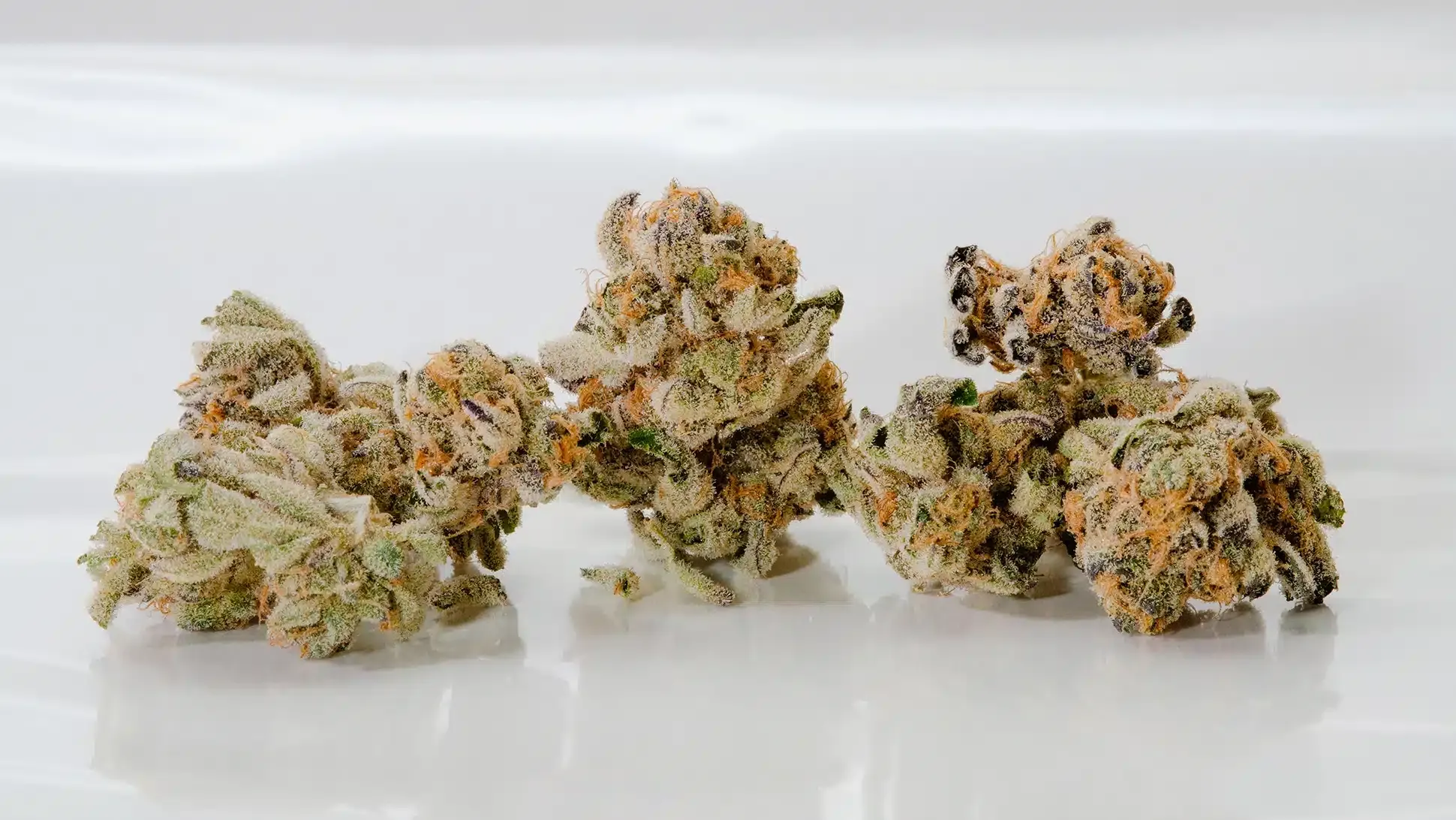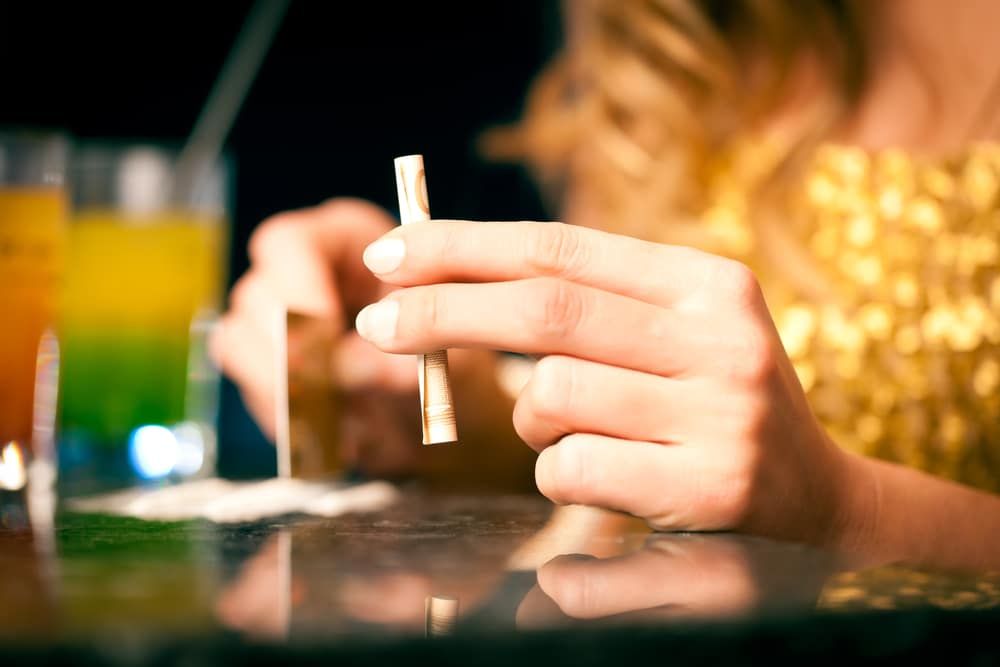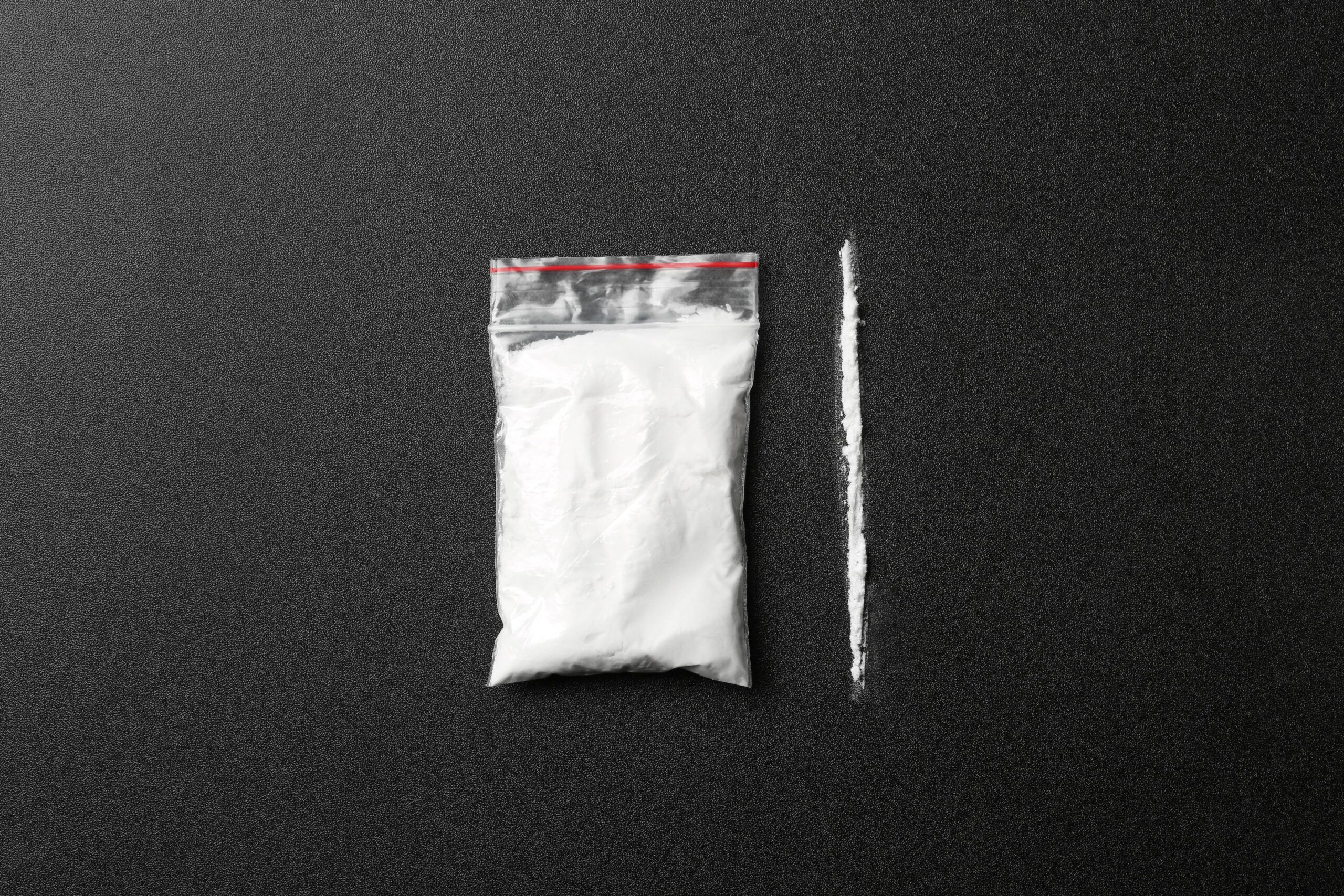Signs And Symptoms Of Cocaine Addiction
Cocaine has a reputation as being an old-fashioned drug, but the truth is there are many people who still use it today. About .5 percent of the US population is estimated to have a cocaine addiction. Often used along with other drugs, this highly addictive substance can cause severe mental and physical health problems.
If you think a loved one is abusing cocaine, they may need professional help. However, people often don’t want to admit that they have a drug problem. You may notice that they are acting strangely long before they are ready to talk about their addiction. Here are a few common signs and symptoms that a person may be suffering from cocaine addiction.
What Are Some Common Signs of Cocaine Addiction?
It can be challenging to get someone to admit that they have a drug problem. They may feel ashamed or embarrassed — or they may simply be in denial about their addiction. Because of the complicated feelings around drug abuse, people often try to hide the signs. Many people’s journey to sobriety begins with a difficult conversation with their loved ones who have noticed these common signs of addiction.
Weight Loss
Cocaine is a notorious appetite suppressant — but it also affects your body’s fat storage. People who are habitually using the drug may not eat very much; they may also lose weight quickly.
A sudden drop in weight isn’t the only change in appearance you might notice. Cocaine addiction may also cause dilated pupils and pale skin.
Nosebleeds
Most people get a nosebleed occasionally — maybe because of an injury or dry winter weather. Frequent, inexplicable nosebleeds could point to cocaine addiction, however. Cocaine can cause severe damage to the nasal passageways in people who snort the drug, leading to bleeding.
Mood Or Behavior Changes
Drug use doesn’t just affect the body but also the brain. People using cocaine may have unexplained changes in their behavior. For example, previously outgoing individuals might become withdrawn or reclusive; this could be because of psychological changes or as an effort to hide their own drug use.
Health Problems
Cocaine is not kind to the body and can lead to a host of health problems. Headaches, a racing heart, chest pain, or a chronic cough can all be a part of the mix. If your friend or loved one was previously healthy and now has unexplained health problems, cocaine addiction may have played a role.
Mood Swings
Like many other drugs, cocaine can cause major mood swings. When people are high, they get a burst of energy and may seem joyful, excited, or outgoing. As the high wears off and they experience a crash, they may become withdrawn, paranoid, or irritable. These changes can often happen very quickly with no apparent warning.
Similarly, many people who suspect their loved one has a cocaine addiction notice that their personality has radically changed. Shy individuals may become loud and outgoing, calm ones might suddenly be unusually angry, and typically careful people might act recklessly.
Aggression Or Hostility
Drug use can cause rapid changes in brain chemistry, which can lead to people’s moods changing rapidly. People may be extraordinarily irritable or even aggressive, exploding into anger over minor things. This is even true of individuals who are normally calm and even-keeled, showing how extensively cocaine addiction can change your brain.
Poor Memory And Judgment
People using cocaine may show troubling lapses in cognitive function. They may have a hard time remembering simple information or seem disoriented.
This cognitive damage can also show itself in impaired decision-making. People often become reckless and do things without thinking of the consequences. Examples include engaging in unsafe sex, spending large amounts of money, impulsively traveling long distances, or doing dangerous stunts.
Lack Of Concentration
People who are using cocaine often have a hard time focusing on what is going on around them. They may have difficulty following a conversation or seem distracted or “spacey.”
Extreme Energy, Talkativeness, Or Excitability
Cocaine can cause people’s moods and energy to change rapidly, often in a cyclical way, as they go from the high of using to the low of withdrawing. When their mood is high, they might be energetic to the point of hyperactivity. They may also be loud and excitable and talk excessively, even if they are not ordinarily outgoing.
Secrecy
If you notice your loved one is acting unusually secretive or withdrawn, drug use might be to blame. Some of this comes from cocaine’s tendency to engender paranoia and anxiety. Some come from people trying to conceal their drug use from friends and family.
People using cocaine might be unusually protective of their personal belongings or space and accuse others of invading their privacy. They may disappear unexpectedly and not contact friends for long periods. When confronted about this behavior, they often become aggressive or hostile.
Financial Problems
Drug use is not a cheap habit, and cocaine impairs your ability to make prudent decisions. It is common for people to spend enormous amounts of money to get their fix. They might also recklessly make huge purchases, often without thinking them through or consulting with a spouse or partner.
Paranoia
Cocaine addiction can cause feelings of joy, but it also causes feelings of extreme anxiety and paranoia. This is often compounded by the person’s natural anxiety about other people learning about their drug use. People may throw wild accusations at their loved ones or express bizarre anxieties that don’t seem to match reality.
Track Or Burn Marks
There are many ways to consume cocaine, including snorting, smoking, and injecting. These are sometimes easy for others to spot, especially if they know what they are looking for. White powder around the nose or mouth can point to a person using “blow,” while track marks or pipe burns might also give a clue.
Poor Hygiene
People who are habitually getting high tend to be disoriented and unaware of what is going on around them. Consequently, addiction and poor hygiene often go hand in hand. Avoiding bathing or changing clothes and generally neglecting personal grooming can all be signs of drug use.
What Should You Do If You Think Your Loved One Is Using Cocaine?
At Inner Voyage Recovery, our mission and vision are centered around empowering individuals to break free from the cycle of addiction and find a path to lasting recovery. We believe that with proper care, attention, and personalized treatment plans, anyone can overcome their addictions and live a purpose-filled life. Our team is dedicated to providing the most authentic, professional, and individualized experience for each client, from assessment to aftercare.
If you or someone you know is struggling with cocaine addiction, don’t hesitate to reach out for support at Inner Voyage Recovery. You Do not have to go through this alone. Call us today at (470) 523-4606. We can schedule an appointment at our Woodstock, GA, facility to determine the best treatment plan to help.
 Mon - Fri 8:00 AM to 6:30 PM
Mon - Fri 8:00 AM to 6:30 PM






